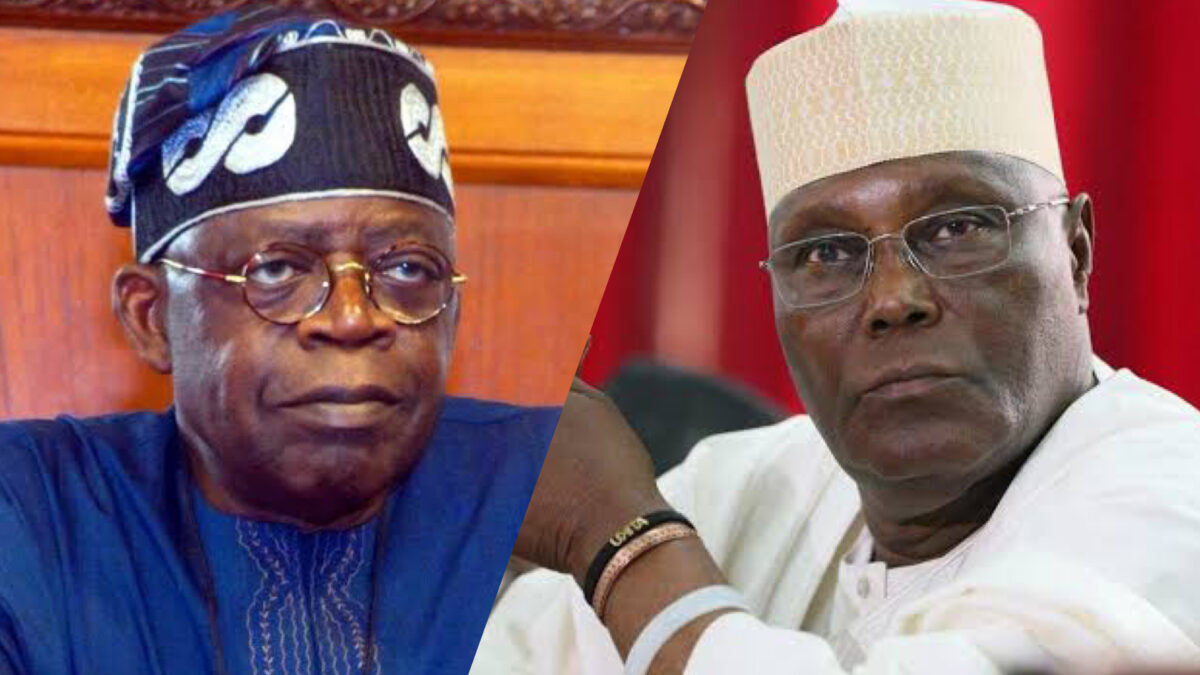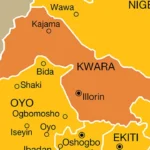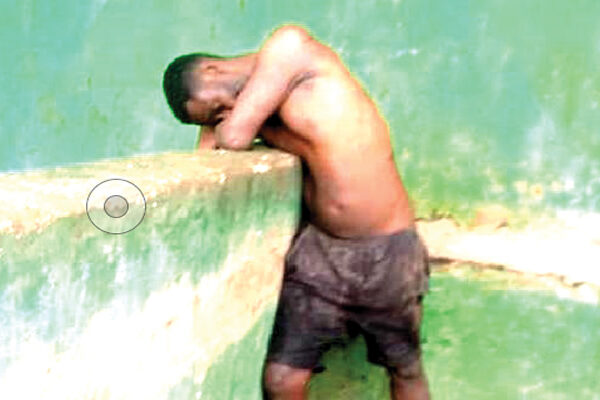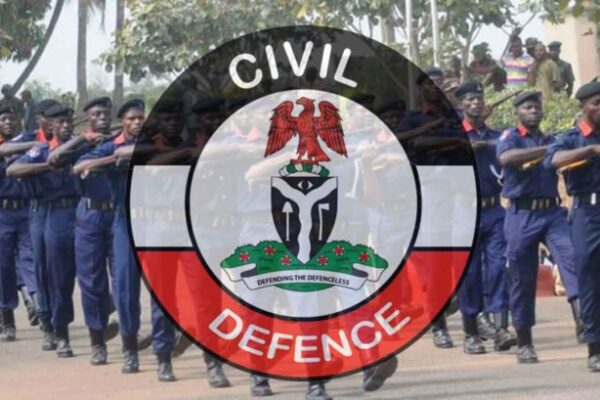Supreme Court’s Stern Challenge to Atiku: “Prove Tinubu’s Certificate Forgery Beyond Doubt”
In a pivotal legal battle that has captured the nation’s attention, the Chairman of the Supreme Court panel responsible for adjudicating the appeals against the election of President Bola Tinubu, Justice John Okoro, issued a significant directive on Monday. He asserted that Atiku Abubakar, the Peoples Democratic Party’s (PDP) standard bearer in the February presidential election, must provide conclusive evidence to substantiate allegations of certificate forgery levied against the former Lagos State governor.
This admonition came during the hearing of election petition appeals filed by Atiku and Peter Obi of the Labour Party. It was prompted by Atiku’s lead counsel, Chris Uche, SAN, who urged the court to admit fresh evidence brought forth by the petitioners in their quest to challenge Tinubu’s electoral victory.
At the heart of this controversy is Atiku’s endeavor to nullify Tinubu’s election and substantiate allegations that the President was unqualified to contest the presidential election due to the purported forgery of his Chicago State University (CSU) diploma in Business Administration awarded in 1979, which he submitted to the Independent National Electoral Commission (INEC).
In an attempt to substantiate these allegations, Atiku sought an order from an Illinois Chicago district court to compel CSU to release Tinubu’s academic records. This request was met with opposition from Tinubu’s legal team, who cited privacy concerns, though they conceded that only the certificate should be released and not other confidential records.
Nevertheless, the United States court ordered the release of Tinubu’s academic records, which were then included as evidence in Atiku’s election petition appeal before the Supreme Court. At the recent hearing, Uche stressed the gravity of the issue surrounding Tinubu’s academic records and urged the Supreme Court to admit this fresh evidence.
Uche stated, “The issue involving Tinubu’s certificate is a weighty, grave, and constitutional matter that the Supreme Court should admit. I urge the court to consider the fresh evidence of President Tinubu’s academic records from CSU, as presented by Atiku. The court should take a close look at Tinubu’s records and make a decision free from technicalities. As a policy court, the court has a duty to examine it and should not be constrained by technicalities.”
However, Justice Okoro emphasized the criminal nature of the matter and underscored that it must be proven beyond a reasonable doubt. He noted the existence of two conflicting letters from Chicago State University, with one authenticating Tinubu’s certificate and the other discrediting it.
Justice Emmanuel Agim, another panel member, raised concerns about the deposition Atiku sought to present as evidence, highlighting that it was conducted in the chambers of Atiku’s lawyer rather than in a courtroom. Uche countered this by asserting that the depositions were conducted in the presence of Tinubu’s US lawyers and therefore not a matter of dispute.
Akin Olujinmi, SAN, counsel to the All Progressives Congress (APC), argued that Atiku should not be allowed to introduce documents that were not presented at the tribunal. He contended, “You cannot smuggle a document into the Supreme Court without first tendering it at the trial court. The appeal is misconceived and lacks merit. It should be outrightly dismissed.”
Wole Olanipekun, SAN, representing President Tinubu, also urged the court not to admit the fresh documents, emphasizing that INEC was not a party to it.
The Supreme Court, which had a panel consisting of Uwani Aji, Mohammed Garba, Ibrahim Saulawa, Adamu Jauro, Abubakar Tijjani, as other members, ultimately reserved judgment in this matter.
Simultaneously, the court also reserved judgment in the appeal filed by the presidential candidate of the Labour Party, Peter Obi, against the tribunal’s decision affirming Tinubu’s election. Obi and the Labour Party urged the court to uphold their appeal and overturn the judgment of the Presidential Election Petition Court that had dismissed their petition.
The Independent National Electoral Commission (INEC), President Tinubu, and the APC had requested that the court dismiss the appeal for lacking merit.
The seven-man panel, presided over by Justice Okoro, informed the parties involved that the judgment date would be communicated to them.
In his appeal, Peter Obi, who came in third in the election, argued that the PEPC panel erred in law and reached an incorrect conclusion when dismissing his petition. He contended that the panel inaccurately assessed the evidence he provided, leading to a miscarriage of justice.
Furthermore, the Supreme Court also struck out the appeal by the Allied Peoples Movement (APM), which sought to nullify the election of President Tinubu. The APM claimed that the placeholder nominated by the president, Ibrahim Masari, was not replaced within the stipulated 14 days, as mandated by section 33 of the Electoral Act.
The lead counsel for the APM, Chukwuma-Machukwu Ume, argued that their appeal was not based on double nomination, as the lower court had ruled, but rather that Vice President Kashim Shettima was illegally nominated. However, Justice Okoro questioned the purpose of their appeal, given the absence of substantial gains. He remarked, “What will you gain if you win this appeal? You are not asking us to install your candidate as president.” In response, the APM lawyer applied to withdraw the appeal, and the APC, INEC, Ibrahim Massari, and Tinubu’s counsels did not object. The Supreme Court then struck out the appeal.












